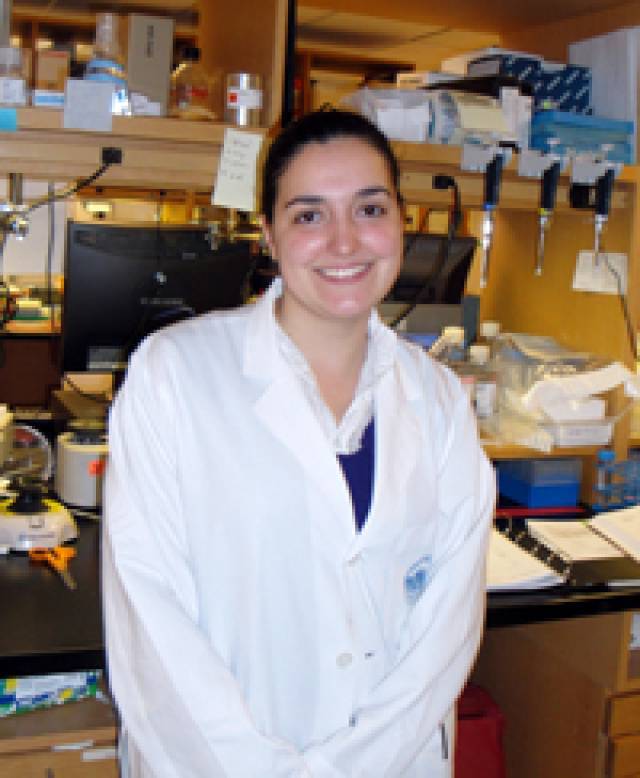
Innate immune mechanisms can control disease progression in HIV-positive patients
HIV/AIDS remains one of the world's most significant public health challenges, particularly in developing countries. The Human Immunodeficiency Virus (HIV-1), the variant responsible for the pandemic, has the ability to infect different cell types such as T cells, macrophages and dendritic cells (DC). These latter cells are crucial in the defense against infectious agents and play a major role in viral pathogenesis. The present study, published in PLoS ONE and led by researchers from Hospital Clinic de Barcelona-IDIBAPS, within the framework of HIVACAT, shows for the first time that dendritic cells in HIV-infected patients who spontaneously control the infection produce high levels of a-defensins 1 -3. This is associated with slower disease progression, suggesting potential diagnostic, therapeutic and preventive implications. The first author of this study is Dr. Marta Rodriguez-Garcia, Emili Letang Fellowship award from Hospital Clinic of Barcelona for her work in this line of research, and currently a postdoc at The Ragon Institute of Massachusetts General Hospital, Massachusetts Institute of Technology and Harvard. The senior researchers of the study are Dr. Teresa Gallart, from the Immunology Service of Hospital Clinic and collaborator of the IDIBAPS team on Infectious Diseases and AIDS, and Dr. Josep M ª Gatell, Head of the Infectious Diseases Department at the Hospital Clinic, professor at the Department of Medicine of the University of Barcelona and leader of the same IDIBAPS team.

